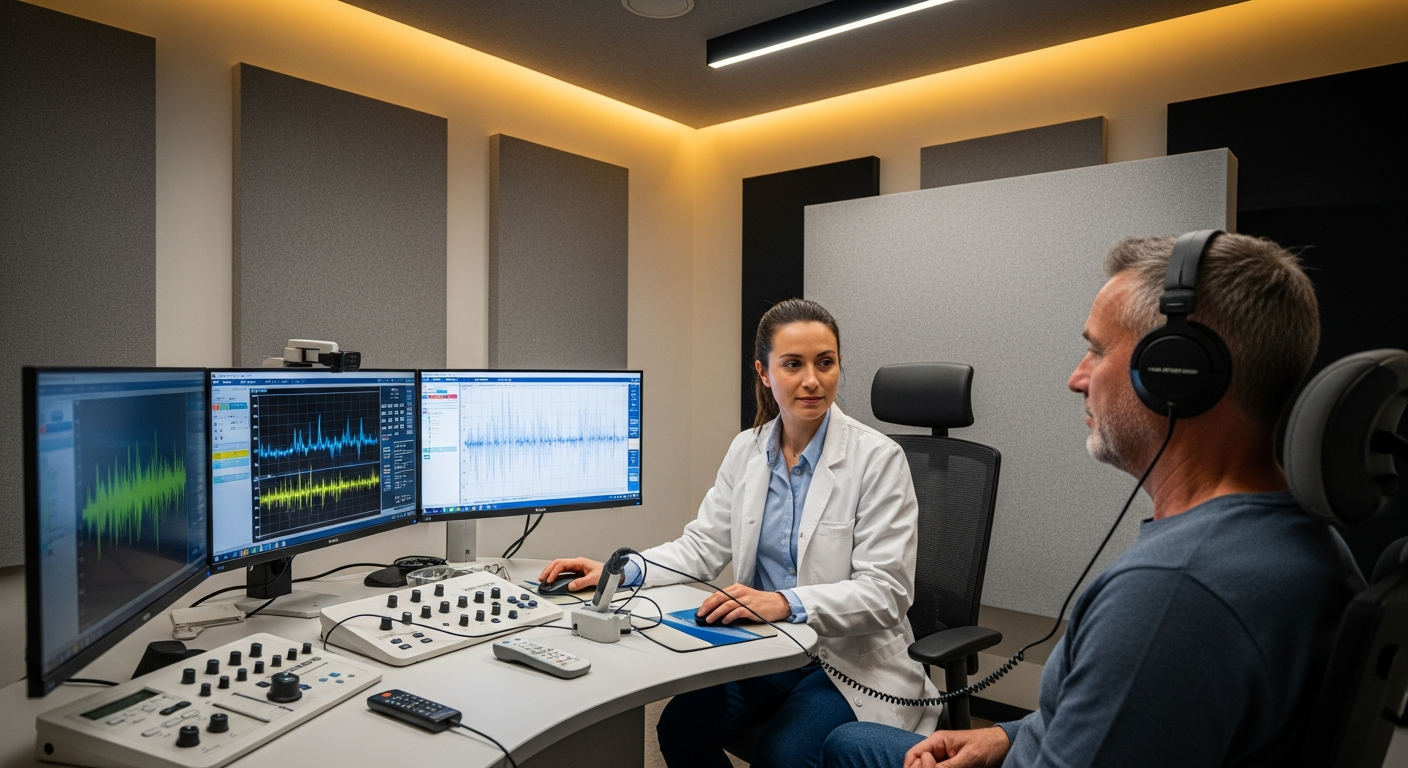Epigenetic Fitness: Tailoring Exercise to Your DNA
The convergence of genetic science and fitness is revolutionizing how we approach health and exercise. Epigenetic fitness, a cutting-edge concept, promises personalized workout plans based on your unique genetic code. But what exactly is this innovative approach, and how can it transform your fitness journey? Let's dive into the world where DNA meets dumbbells, and discover how understanding your genetic predispositions could be the key to unlocking your peak physical potential.

The Science Behind Gene-Based Workouts
At the heart of epigenetic fitness lies the analysis of single nucleotide polymorphisms (SNPs) – variations in DNA sequences that can affect how genes function. Certain SNPs are associated with physical traits such as muscle fiber composition, aerobic capacity, and recovery speed. For example, individuals with a particular variant of the ACTN3 gene might excel in power-based activities, while those with specific variations in the ACE gene may have better endurance capabilities.
Customizing Your Fitness Regimen
Armed with genetic insights, fitness professionals can design highly personalized exercise programs. If your genetic profile suggests a predisposition to fast-twitch muscle fibers, your workout might emphasize explosive movements and strength training. Conversely, if your genes indicate superior slow-twitch fiber development, endurance activities like long-distance running or cycling might be more beneficial. This tailored approach extends beyond just exercise selection – it can inform optimal training frequency, intensity, and even nutrition strategies to complement your workouts.
Mitigating Injury Risks Through Genetic Insight
One of the most promising aspects of epigenetic fitness is its potential to reduce injury risks. By identifying genetic markers associated with increased susceptibility to certain types of injuries, trainers can develop preventative strategies. For instance, individuals with genetic variants linked to reduced collagen production might benefit from specific exercises to strengthen connective tissues, potentially lowering their risk of tendon injuries.
The Role of Lifestyle in Epigenetic Fitness
While our genetic code provides a blueprint, it’s crucial to understand that lifestyle factors play a significant role in how these genes are expressed. Nutrition, sleep patterns, stress levels, and environmental exposures can all influence gene expression, potentially enhancing or diminishing the effects of our genetic predispositions. This holistic approach to fitness underscores the importance of comprehensive lifestyle management in achieving optimal results.
Ethical Considerations and Limitations
As with any emerging field, epigenetic fitness raises important ethical questions. Privacy concerns regarding genetic data, the potential for genetic discrimination, and the accessibility of these technologies to the broader public are all critical issues that need addressing. Moreover, it’s essential to recognize that while genetic insights can be invaluable, they don’t predetermine our fitness outcomes. Motivation, consistency, and proper technique remain fundamental to achieving fitness goals.
Optimizing Your Epigenetic Fitness Journey
-
Consult with a certified genetic counselor or epigenetic fitness specialist before embarking on a gene-based fitness program
-
Combine genetic insights with traditional fitness assessments for a comprehensive approach
-
Stay informed about the latest research in epigenetics and exercise science
-
Practice epigenetically beneficial habits like maintaining a nutrient-rich diet and prioritizing quality sleep
-
Remember that genes are not destiny – consistent effort and smart training still play crucial roles in fitness success
As we continue to unravel the complex interplay between our genes and our fitness potential, epigenetic fitness stands at the forefront of a new era in personalized health. By harnessing the power of our genetic code, we can craft exercise regimens that work in harmony with our bodies, potentially leading to more efficient, effective, and enjoyable fitness journeys. While the field is still evolving, the promise of tailored workouts based on our DNA offers an exciting glimpse into the future of fitness – a future where every rep, run, and routine is optimized for our unique genetic blueprint.




